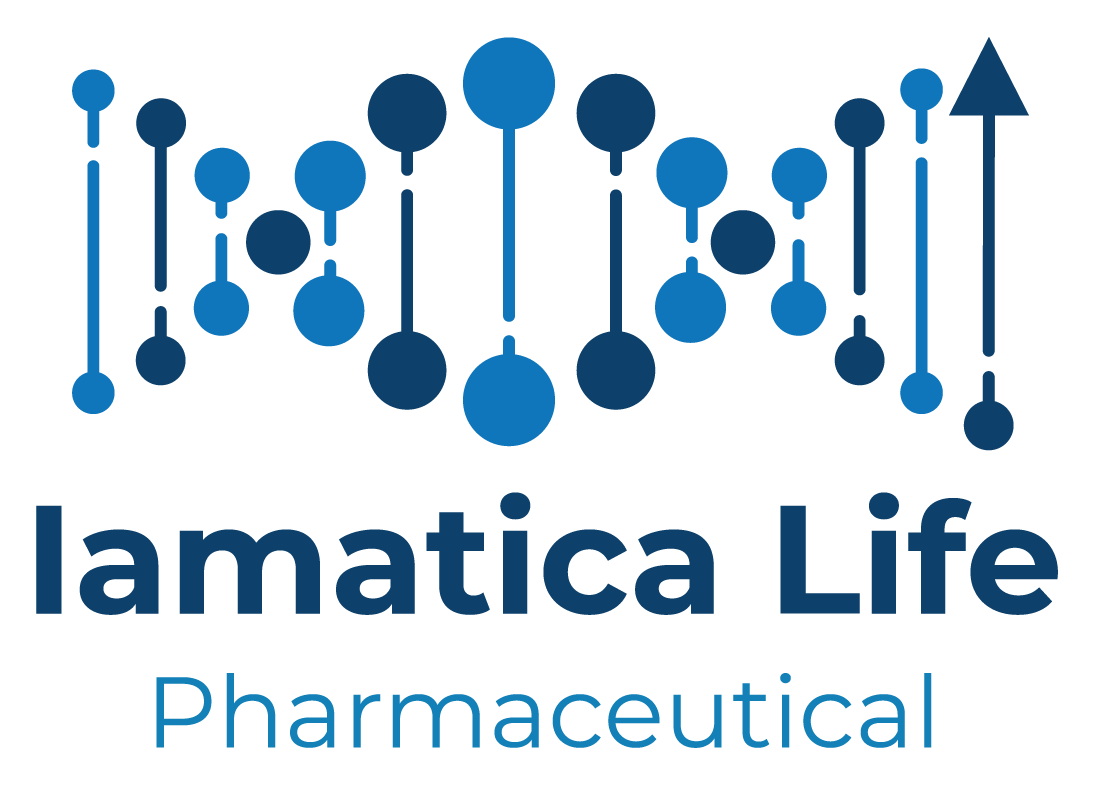
Rapid Self-Diagnosis Test for Vitamin D Deficiency in the Blood
Category
Consumables, TestAbout This Project
Vitamin D refers to a group of fat-soluble secosteroids responsible for increasing the intestinal absorption of calcium, iron, magnesium, phosphates and zinc. Vitamin D is transported to the liver where it is metabolized to 25-hydroxyVitamin D. With this test you can monitor your Vitamin D levels to determine if you should take Vitamin D supplements. The concentration of 25-hydroxyVitamin D in the blood (including D2 and D3) is considered the best indicator of Vitamin D status. Vitamin D deficiency is now recognized as a global epidemic. Almost every cell in our body has receptors for Vitamin D, meaning they all require “adequate” levels of Vitamin D to function adequately.
Vitamin deficiency has been linked to several serious diseases:
- Osteoporosis
- Osteosoftening
- Multiple Sclerosis
- Cardiovascular diseases
- Pregnancy complications
- Diabetes
- Depression
- Stroke
- Autoimmune Diseases
- Flu
- Different cancers
- Infectious diseases
- Alzheimer’s
The clinical application of 25-hydroxyvitamin D is mainly for the diagnosis, treatment and monitoring of rickets (children), osteomalacia, postmenopausal osteoporosis and renal osteopathy. Vitamin D deficiency is also associated with many other diseases, including cancer, cardiovascular disease, autoimmune diseases, diabetes and depression.
The Vitamin D test can be used at any time of the day.

